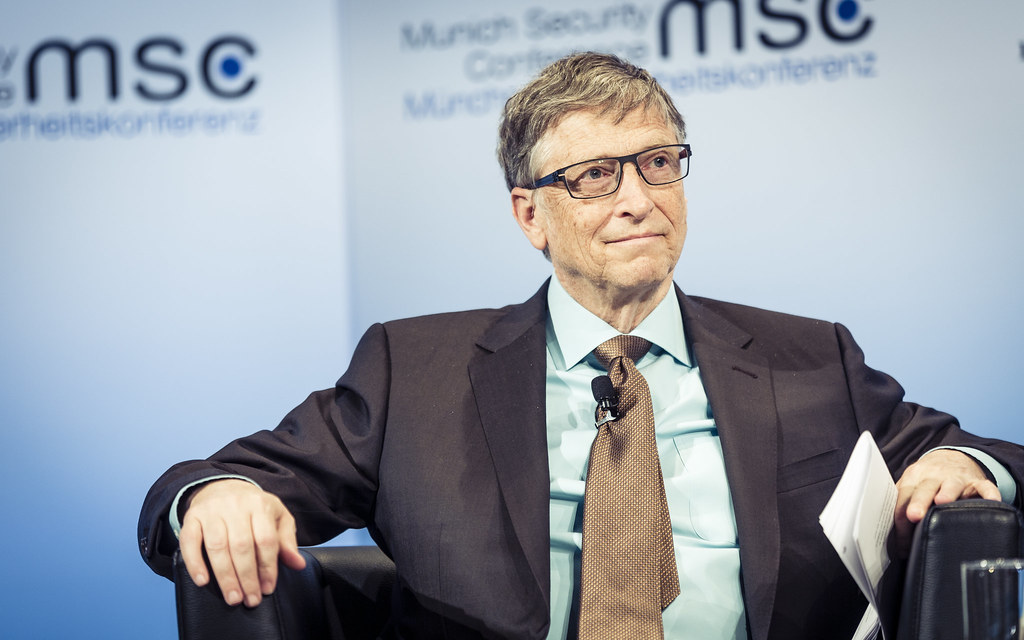“Flirting Dangerously” With Catastrophe: An Update On the Fight Against Climate Change
The UN Framework Convention on Climate Change (UNFCCC) just released its initial version of the Nationally Determined Contributions (NDC) synthesis report. They found that the pledged efforts from world governments are far from keeping pace with the Paris Agreement, which aims to cap climate change at 1.5 degrees Celsius.
Only 75 countries submitted updated NDCs for emission reductions, accounting for about 30 percent of global emissions. Meanwhile, the NDCs of top polluters such as China, the U.S., and India are still missing in action. Other states including Brazil, Mexico, Russia, and Australia have opted for either unaltered or lower targets than in previous years. Nevertheless, there are those that have turned up their ambitions in tackling climate change—notably, the EU, the UK, Colombia, and Argentina.
The UNFCCC Executive Secretary, Patricia Espinosa, called on world governments to submit their newest NDCs as soon as possible so that these figures can be incorporated into the UN’s final NDC synthesis report, slated for release on the eve of the UN Climate Change Conference in November. “If this task is urgent before,” she said, “it’s crucial now.”
President Biden’s climate envoy John Kerry aired similar concerns to the Security Council. “Nothing less than bold action in this decade can set the entire world on the path that we have confidence will get to net-zero emissions by 2050—or earlier,” he said. “Inaction comes with a far higher price tag than action.”
Climate policies are working, but they may not be enough. (Our World In Data)
Despite the temporary emissions plunge brought about by the pandemic, the UN’s newest report, corroborated by another set of findings from earlier this month, points to dire realities. Namely, the world may only have a 5 percent chance of keeping global warming well under 2 degrees—even if every country fulfills its pledged contributions.
For states locked in battle against rising seas, the fallouts from a climate in flux are already felt acutely. Aubrey Webson, the chair of Alliance of Small Island States, highlighted the need for action: “We are flirting dangerously with the 1.5°C warming limit.” If this upper cap is breached, she continued, “It is small island developing states like ours that will pay the ultimate price.”
Georgetown Takes Up the Conversation
(Gigonomy)
In a webinar bringing together students from Georgetown University, George Washington University, American University, and Howard University, CBS correspondent Michelle Miller talked to Microsoft founder and philanthropist Bill Gates about his newest publication, How To Avoid A Climate Disaster.
Mr. Gates emphasized the idea of the “green premium,” or the gap in cost between a carbon-emitting product and its cleaner alternative. Specifically, he discussed how technological growth and government policies have made impressive strides in making greener technology more accessible, but the premiums associated with certain industries and economic sectors—such as cement manufacturing—remain difficult to shrink.
Beyond discussing solutions and taking a tour through the other dimensions of climate change (including nuclear energy, environmental justice, and meat products), Mr. Gates made an appeal to younger generations, encouraging his audience to rally the public around climate action and spur substantive political initiatives. Ultimately, Mr. Gates remains optimistic that a climate catastrophe can be deterred if enough people rise up to the cause.
“The young generations believe that they want to stand for more than their own individual success and climate policies are part of what they want to get behind,” Gates said. “Ideally the goal is not destroying these ecosystems and destroying human livelihood; hopefully that is something we can all share.”



